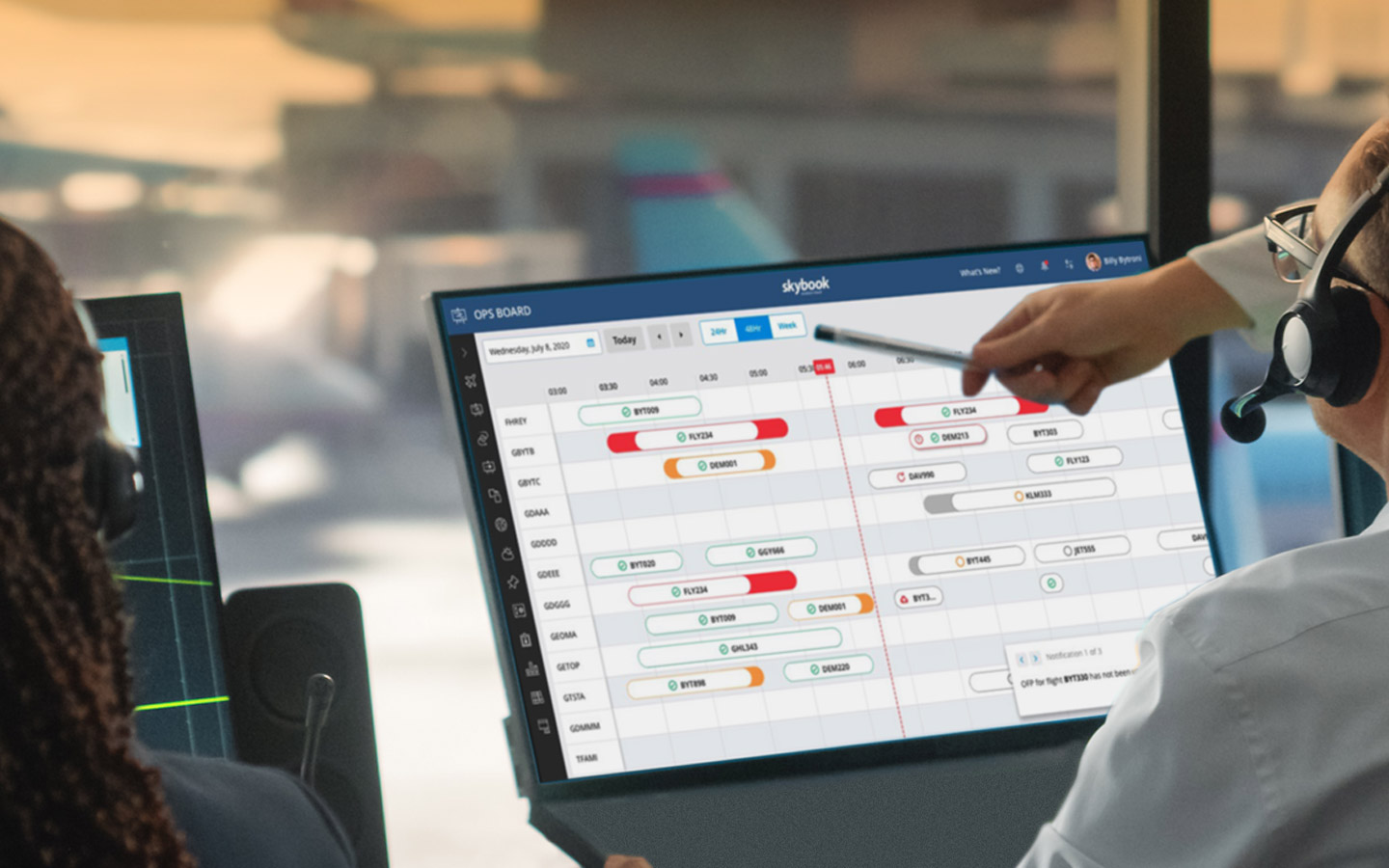What’s new – skybook Ground Portal 1.25.0
The latest skybook Ground Portal release, v1.25.0, is now live, showcasing some fantastic new updates, enhancements and features.
As ever, our latest enhancements are available for both new and existing skybook customers to try in full so to find out more contact your skybook representative (existing customers) or email info@bytron.aero if you are new to skybook.
So what’s changed…
Updates to Dispatch
Auto-refresh of Dispatch screen
The Dispatch screen can now be set to auto-refresh every five minutes. You can toggle this feature on or off by clicking on the Auto Refresh button above the main Dispatch grid:

Note: This functionality is not enabled by default. Please contact your skybook representative for more information.
Simple improved functionality to the Dispatch module, whereby a user can elect to have auto/refresh selected. This will trigger a page refresh every 5 mins, giving the user peace of mind that they are viewing up to date information.
Alternates from ATC flightplan displayed in Dispatch
Any available Alternates for a given flight are displayed in the Alt 1 and Alt 2 columns on the Dispatch screen:

It has been noted that the information displayed in these columns does not always match the alternates that are shown in the OFP. The way in which this information is generated has been updated to ensure the correct alternates are now pulled from the ATC flight plan.
Additionally, Alternate 2 will no longer be shown in the Alt 2 column if a second alternate does not actually exist within the flight plan.
Updates to Charts
No-fly zones / restricted areas updated
The restricted areas shown in charts have been updated to reflect the latest information.

UK MET Office Turbulence areas displayed on vertical profile
Turbulence areas can now be displayed on vertical profile charts with information provided by the UK MET Office.

The vertical extent and range of the turbulence is displayed based on the forecast period along the route. The colours for the levels of turbulence severity can be configured with a key displayed in the chart footer denoting this.
The benefits now mean Pilots, dispatchers and operations staff should be able to clearly see any turbulence areas visually represented on the vertical profile chart, this will immediately highlight any problems that the flight may encounter along the route and will allow alternative plans' to be made if required.
Updates to ETOPS Release
Approach types updated
The ETOPS Release sheet has been updated to include additional non precision approach options.
In the Dispatch navigation menu, click on ETOPS release in the Flight Data column:

The ETOPS release screen appears. In the ETOPS ERA Information section, click the Edit button next the airfield for which you want to add information:

The Edit screen appears. Within the Approach (App) field, you are able to select from a number of approach types:

With some approach types becoming old and outdated, particularly the NDB. We recognise that some countries have replaced these approaches with RNAV. In order to cater for these approaches some airlines are flying, 3 additional approaches have been included which are:
• RNP
• RNAV
• GNSS






